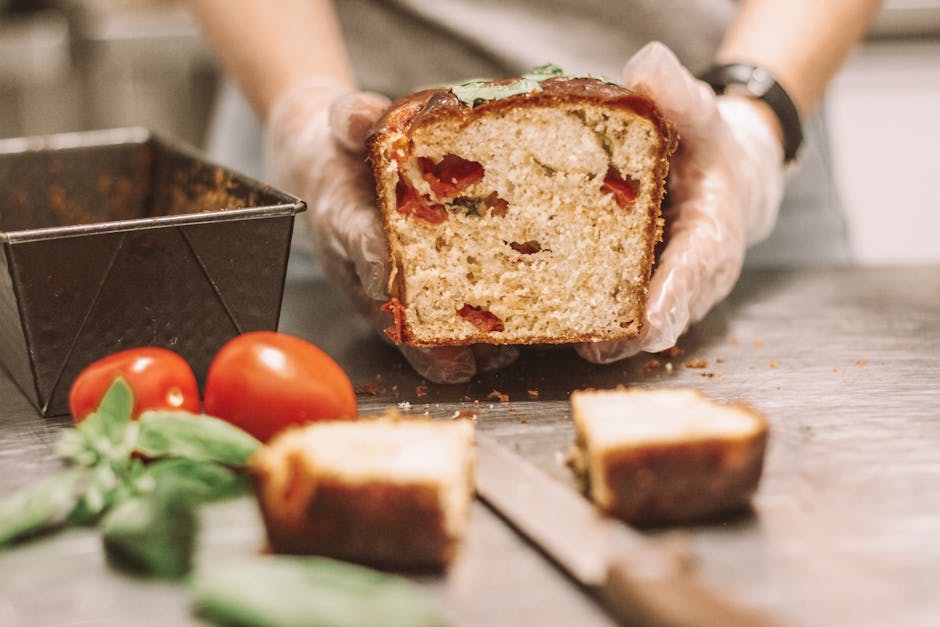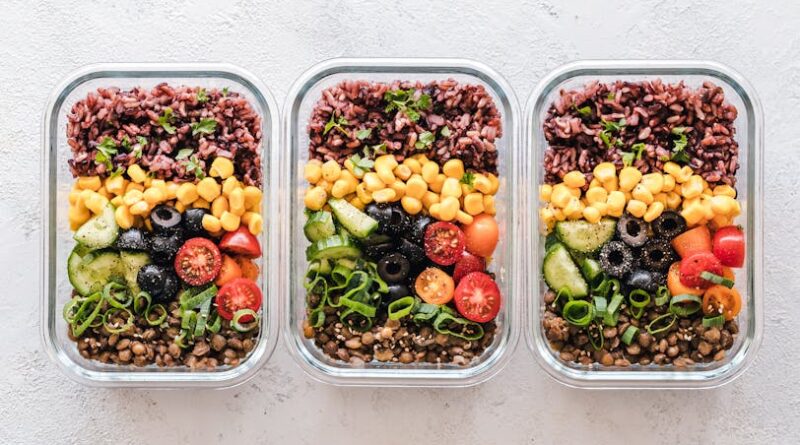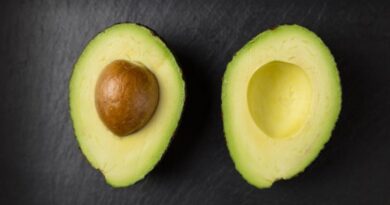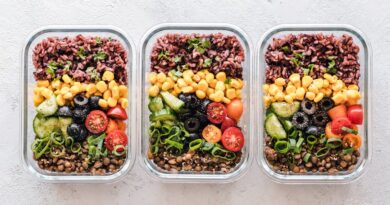Healthy Meal Prep for Busy Schedules
In today’s fast-paced world, finding the time to prepare healthy meals can be a challenge. Between work, school, family responsibilities, and social commitments, it’s easy to prioritize convenience over nutrition. However, maintaining a balanced diet is crucial for overall health and well-being. This is where healthy meal prep comes in. By dedicating some time each week to plan and prepare your meals in advance, you can ensure that you have nutritious options available even on your busiest days. In this comprehensive guide, we will explore the ins and outs of healthy meal prep for busy schedules, including tips, tricks, and strategies to make it a seamless part of your routine.
The Importance of Healthy Meal Prep

Healthy meal prep involves preparing meals and snacks ahead of time to save time and make healthier choices. By taking the guesswork out of mealtime, you can avoid the temptation of fast food or unhealthy options. Not only does meal prep help you stay on track with your nutrition goals, but it can also save you money and reduce food waste. With a bit of planning and organization, you can set yourself up for success throughout the week.
Tips for Successful Meal Prep

When it comes to healthy meal prep, a little preparation goes a long way. Here are some tips to help you get started:
1. Plan Ahead
Before you start meal prepping, take some time to plan out your meals for the week. Consider your schedule, dietary preferences, and nutritional needs. Make a shopping list and choose recipes that are easy to make in bulk.
2. Invest in Proper Containers
Invest in a set of high-quality containers that are both microwave and freezer-safe. This will make it easier to portion out your meals and keep them fresh throughout the week.
3. Cook in Batches
Instead of cooking each meal individually, try to cook in batches. For example, you can roast a large batch of vegetables, grill several chicken breasts, or prepare a big pot of soup that can be portioned out for multiple meals.
4. Use a Variety of Ingredients
To prevent mealtime boredom, incorporate a variety of ingredients into your meal prep. Mix and match proteins, grains, and vegetables to create balanced and flavorful meals.
5. Schedule Time for Prep
Set aside a few hours each week dedicated to meal prep. This can be on a Sunday afternoon or whenever you have some free time. By making meal prep a priority, you are more likely to stick to it.
6. Get Creative with Leftovers
Don’t be afraid to repurpose leftovers into new meals. For example, leftover roasted vegetables can be added to a salad or turned into a frittata. This can help reduce food waste and save you time in the kitchen.
7. Stay Organized
Keep your kitchen organized and stocked with essential ingredients for meal prep. Label your containers with the date and contents to make it easy to grab and go.
Benefits of Healthy Meal Prep

The benefits of healthy meal prep go beyond just saving time and money. Here are some additional advantages:
1. Weight Management
By controlling portion sizes and choosing nutritious ingredients, meal prep can help you manage your weight more effectively. You are less likely to overeat or reach for unhealthy snacks when you have pre-portioned meals ready to go.
2. Improved Nutrition
When you prepare your meals at home, you have full control over the ingredients you use. This allows you to choose whole, unprocessed foods that are rich in nutrients and free of added sugars and preservatives.
3. Saves Time
Although meal prep requires some upfront time investment, it can ultimately save you time during the week. Instead of spending time each day deciding what to eat and cooking from scratch, you can simply reheat your pre-prepared meals.
4. Reduces Stress
Knowing that you have healthy meals waiting for you can reduce stress and anxiety around mealtime. You won’t have to rush to put together a last-minute meal or resort to unhealthy takeout options.
5. Encourages Variety
Meal prep allows you to experiment with new recipes and ingredients. You can try out different cuisines, flavors, and cooking techniques without the pressure of cooking every night.
6. Budget-Friendly
Meal prep can help you save money on groceries by buying ingredients in bulk and avoiding expensive restaurant meals. You can also reduce food waste by using up ingredients before they spoil.
Common Misconceptions about Healthy Meal Prep

Despite its many benefits, healthy meal prep is often misunderstood. Here are some common misconceptions:
1. Meal Prep is Time-Consuming
While meal prep does require some time upfront, it can actually save you time in the long run. By preparing your meals ahead of time, you can eliminate the need to cook every day and spend less time in the kitchen overall.
2. Meal Prep is Boring
Healthy meal prep doesn’t have to be boring or repetitive. With a bit of creativity and planning, you can enjoy a wide variety of delicious and nutritious meals throughout the week.
3. Meal Prep is Expensive
Contrary to popular belief, meal prep can actually be more cost-effective than eating out or ordering takeout regularly. By buying ingredients in bulk and cooking at home, you can save money on groceries.
FAQs about Healthy Meal Prep
Q: How long do prepped meals last in the fridge?
A: Most prepped meals can last in the fridge for 3-4 days. Make sure to store them in airtight containers to maintain freshness.
Q: Can I freeze prepped meals?
A: Yes, many prepped meals can be frozen for later use. Be sure to label and date your containers for easy identification.
Q: Are there specific recipes that work well for meal prep?
A: Any recipe that can be easily portioned out and reheated works well for meal prep. Some popular options include stir-fries, casseroles, and grain bowls.
To Wrap Things Up
Healthy meal prep is a valuable tool for busy individuals looking to prioritize their health and nutrition. By planning and preparing your meals in advance, you can save time, money, and stress while enjoying delicious and nourishing food throughout the week. Whether you’re a seasoned meal prepper or just starting out, incorporating these tips and strategies into your routine can help you achieve your health goals and maintain a balanced diet even on the busiest of days.




